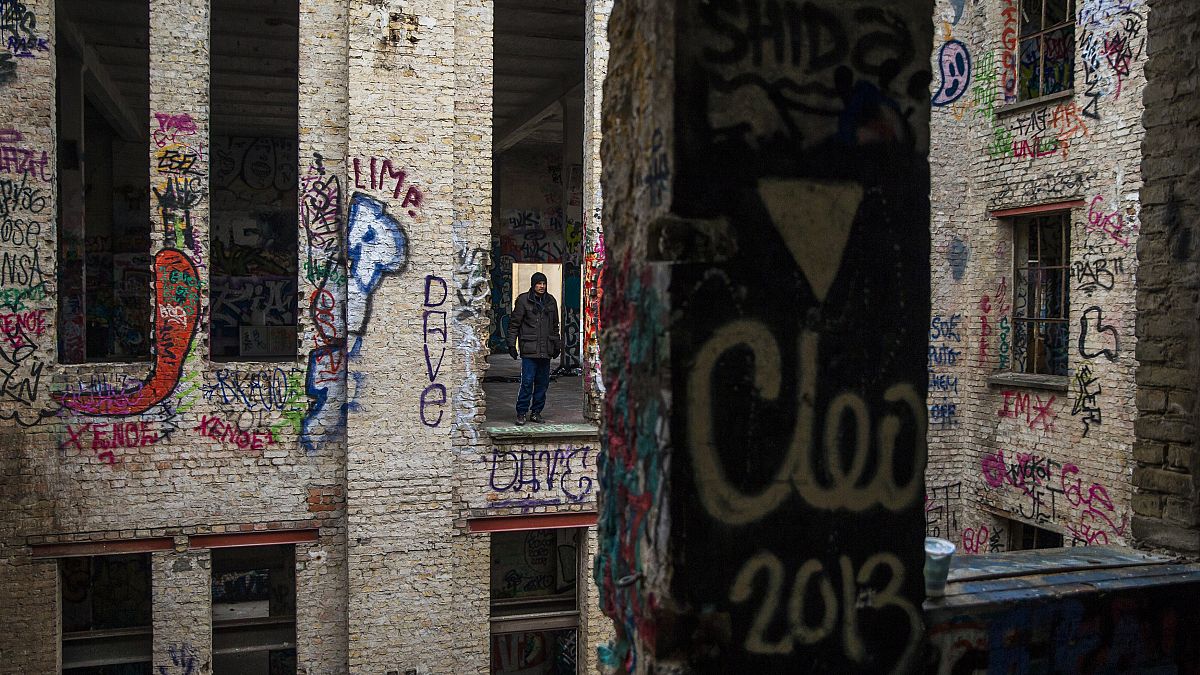Activist squatters in Berlin have taken over vacant buildings in the city to protest rising house prices, homelessness and gentrification.
Activist squatters in Berlin have taken over vacant buildings in the city to protest rising house prices, homelessness and gentrification.
How are campaigners making themselves heard on the issue?
The campaign was launched online to draw attention to the problem of sky-rocketing rents in Berlin and the fact that many buildings bought by property developers are left empty for years at a time. This comes at a time when tens of thousands of Berliners are struggling to find affordable housing and homelessness is a growing issue. Protesters entered nine empty buildings across the city on Sunday. They brought furniture and appliances with them and hung signs from the window demanding fair rents. Most of the buildings were cleared by police, largely peacefully, by Monday midday, but the protests were hugely symbolic and the hashtag #besetzen (#occupy) continues to trend on Twitter.
What solutions are campaigners suggesting?
The demands of the are pretty clearly summed up in several languages on the protestors' blog: "We, self-determined Berliners, will no longer accept the stupidity of empty houses, poverty, evictions and lack of space to live in." They are demanding that the empty properties owned by developers and the state - such as the former nursing home in Neukölln which was the main focus of these squat protests - be used to create much needed affordable housing, rather than being turned over for profit.
Why has the Berlin housing market changed so drastically?
Berlin was once famous for being an incredibly cheap city to live in. Devastated by reunification, in the 90s it became a draw for artists and culture-makers, who could live very comfortably for very little money in the centre of the city. Cheaper housing has, historically, always been in the centre of Berlin, with the more expensive properties on the outskirts. Decades of low rents and strong tenant protection laws meant that Berliners have always rented instead of buying property and 85% of Berliners today still rent. But "cool" Berlin has become a magnet for people all over the world in recent years, and this has driven up the demand for properties in the city centre and the rental rates. The job market is improving, but many Berliners don't see their wages rise proportionally. Property investors are snapping up buildings in the German capital, but locals are often priced out.
What is the local government doing?
The local government has promised more affordable housing and to meet the targets of 200,000 new properties by 2030. But construction for social housing is behind schedule. Some areas of the city centre have seen rents more than double over the last eight years and protests against this are common. Anti-gentrification groups claim that the government isn't doing enough to target rent increases and homelessness, and this has contributed the slump in popularity of the SPD-led Berlin government who have really come under fire on this issue.


